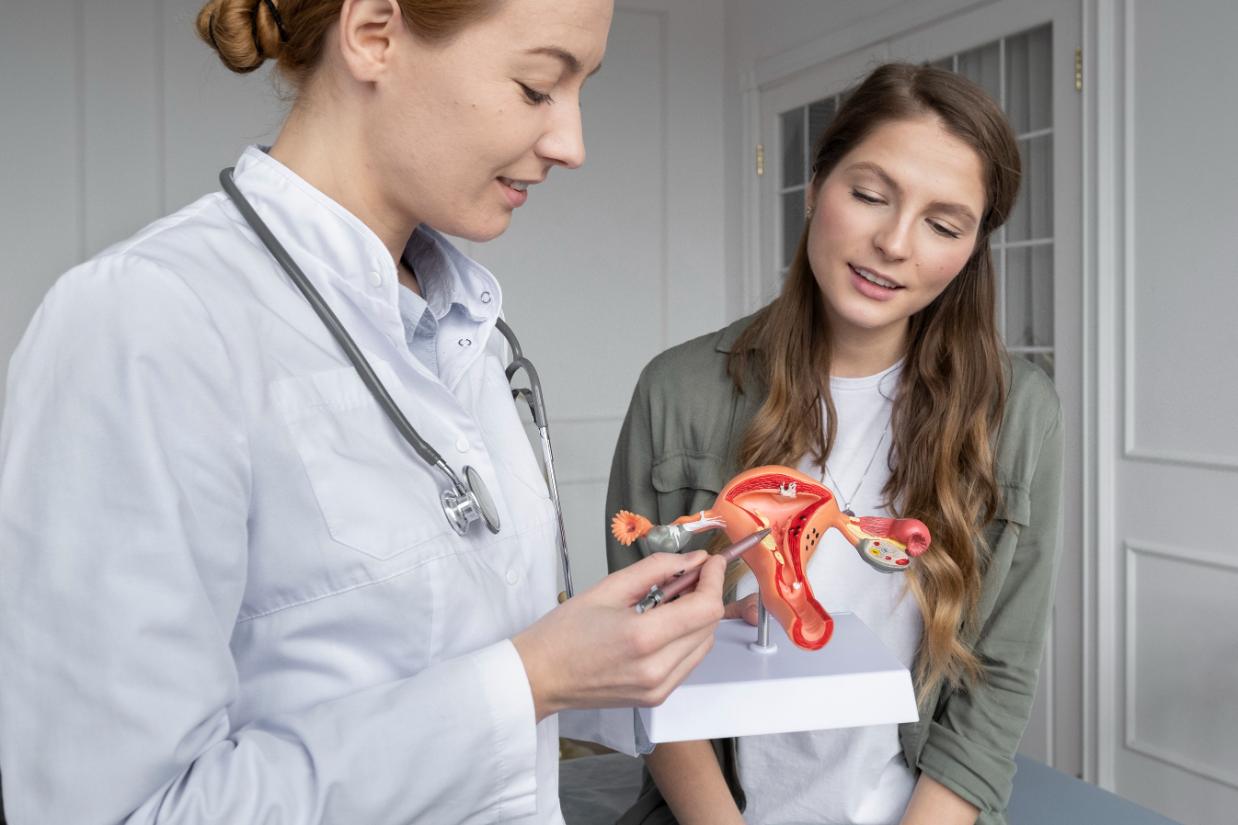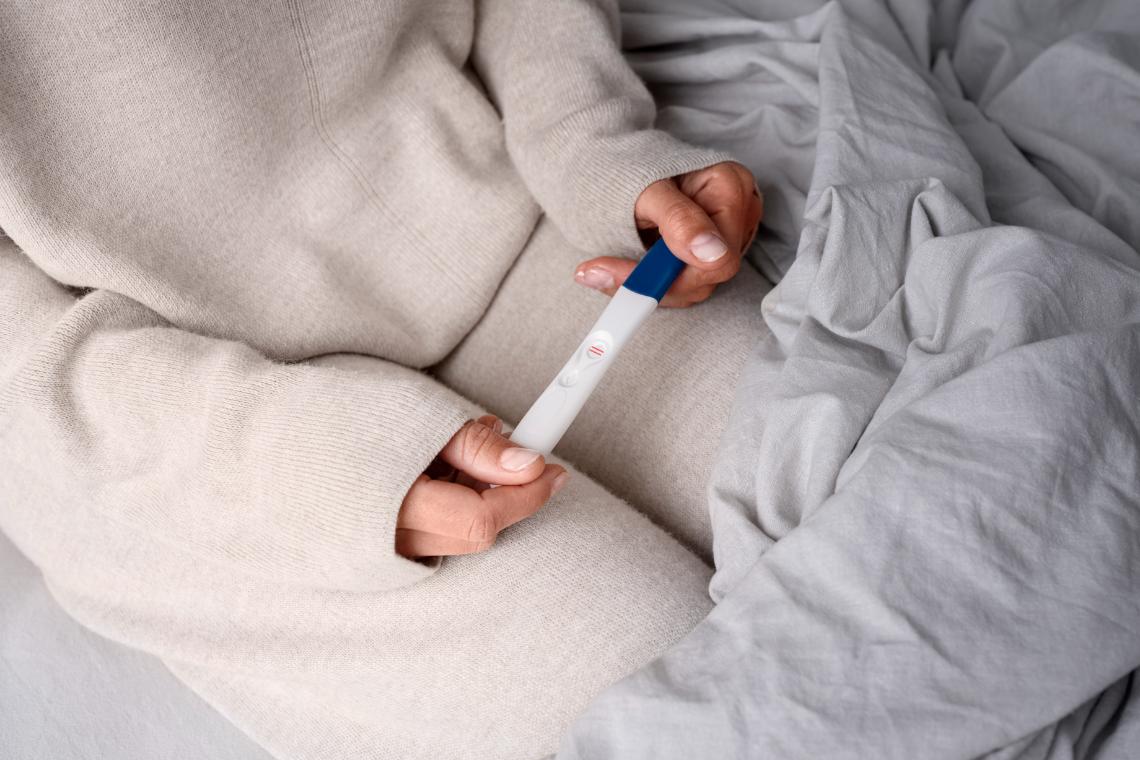
With the advancement in Assisted Reproductive Technology, there are a number of options that a couple with infertility issues can choose from. ART options range from Intrauterine Insemination (IUI), In Vitro Fertilization (IVF), Gamete Intrafallopian Transfer (GIFT), Zygote Intrafallopian Transfer (ZIFT), Microsurgical Sperm Aspiration (PESA, MESA, TESA) etc. But it is important to determine which is the best option for your infertility condition. There are some treatment options suited for certain infertility problems and there are options which are suited for certain individuals.
In Vitro Fertilization
The process of In Vitro Fertilization involves careful removal of mature eggs from the ovaries so that they can be inseminated in a controlled lab setting. After successful fertilization, the fertilized eggs are placed into the uterus for the embryo to develop.
IVF is not a single process. It comprises of several steps which takes place over the course of a cycle.
IVF is now a very common fertility treatment. However, not everyone understands how an IVF process actually work and who are the right candidates to opt for IVF. Before selecting IVF as the option for your infertility treatment, it is important to have an open discussion with your fertility specialist about your case and clear all doubts.
Determining Candidacy for IVF
The primary consideration for in vitro fertilization is that the couple should have unsuccessfully tried to conceive by natural means for at least one year. The IVF candidate should be in overall good health.
IVF can be considered for women who have unsuccessfully tried other fertility options including fertility medications and Intrauterine insemination (IUI).
IVF is ideal for people who are having the following issues related to fertility:
Endometriosis
Endometriosis prevents the egg from reaching its destination. Inflammation caused during endometriosis also damages the eggs and sperms which are exposed to inhospitable environment caused by endometriosis.
Fallopian tube disorders
When the fallopian tubes are blocked or damaged, it causes hindrance in fertilization of egg and embryo travelling to the uterus.
Polycystic Ovarian Syndrome (PCOS)
The hormonal imbalance caused during PCOS, prevent the development and release of mature eggs. Without a mature egg, no ovulation occur.
Unhealthy eggs
Most of the eggs with abnormal DNA do not fertilize at all. A small percentage of eggs with low quality may fertilize but will result in miscarriages or Down’s Syndrome.
Unhealthy sperms
Weak sperms can affect a sperms mobility and its ability to fertilize.
Unexplained Infertility
Fertility causing abnormalities are present but are not detected by current methods.
Cervical Factor Infertility
Too little or sticky cervical mucus can cause issues with sperm transport causing infertility
Ovulation disorders
Menstrual cycle that are too long, too short, irregular, or absent can cause issues with fertility
Who are not the candidates for IVF?
Women with low egg quality and unwillingness to go for donor eggs:
Certain eggs which lack the optimum quality fail to fertilize even in the ideal lab conditions. In such cases, without donor eggs, fertilization cannot occur.
Certain complicated cases of fibroids tumors, ovarian dysfunction and uterine abnormalities
In some of these cases, patient may have to undergo surgery or other treatments before proceeding with IVF.
Severely Obese Women
In certain cases of women with high BMI, IVF can be less effective
For consultation with a fertility specialist, please visit the website and book an appointment. You can also send your questions to the doctor through the website – www.KJKHospital.com/contact





